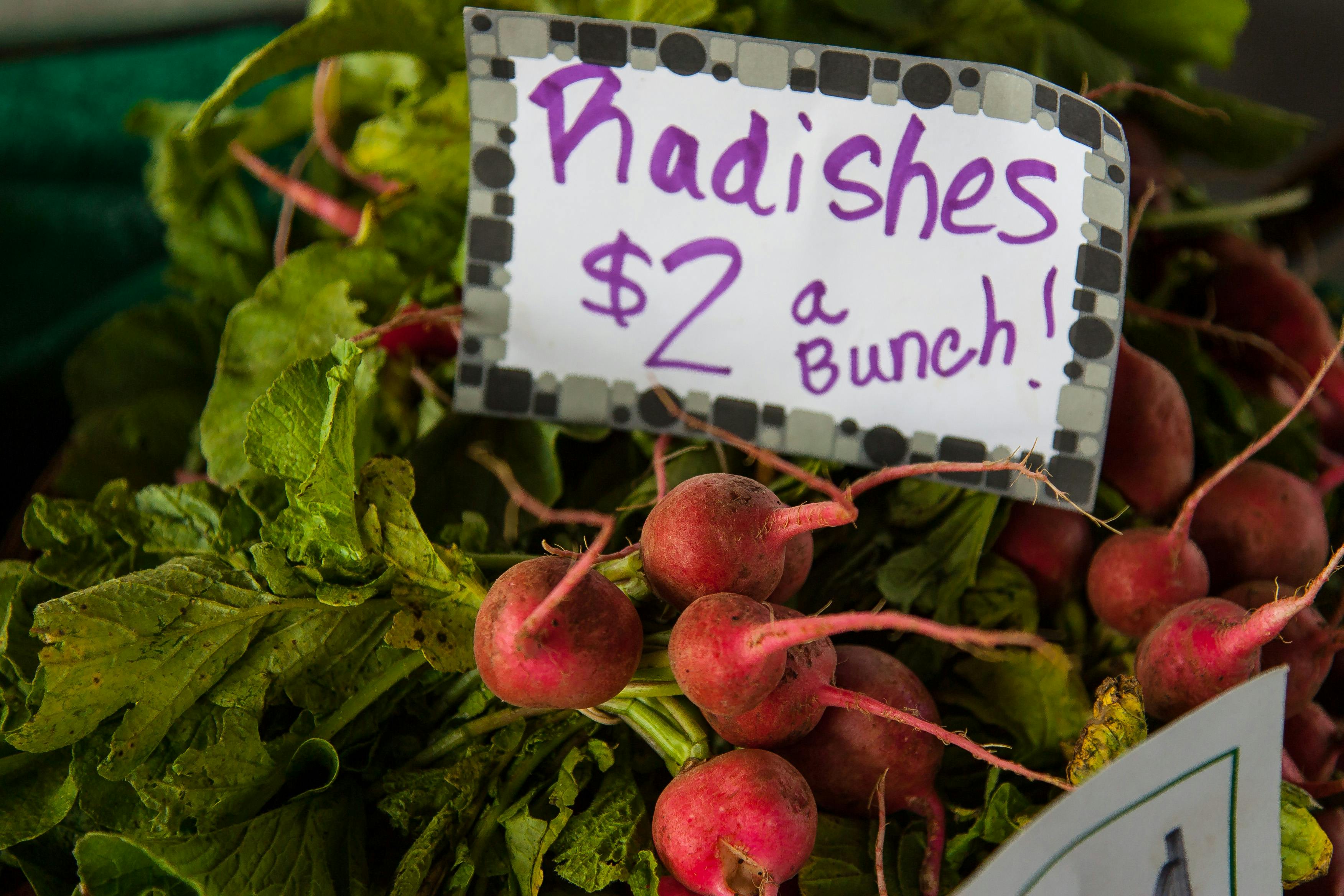Women in their 30s and 40s may face age-related fertility problems. Poor ovarian reserve and poor egg quality are common diagnoses for this population of women seeking fertility help. When a woman hears that she has decreased or deficient ovarian reserve, she is apprehensive and afraid that her chances of getting pregnant are over. But is this really the case and is there room for hope?
With acupuncture and Chinese medicine there is always hope as the main philosophy of our medicine embraces the idea of the body’s innate ability to heal itself. One of the objectives of a fertility treatment with acupuncture and Chinese herbs is to improve the overall health of the patient; to improve the internal environment and thus improve the function of the body.
This concept of improving the internal environment to improve pregnancy rates is reflected in scientific research that recently appeared in Reproductive Biology and Endocrinology. In this study, Gleicher (1) states that the term poor ovarian reserve does not reflect the true state of a woman’s overall potential to have a baby. Based on her research, she is of the opinion that a woman’s eggs do not age, as previously thought, but rather the ovarian environment ages and it is this decline in ovarian function that affects egg quality. .
Unlike men, who create new sperm every 90 days, women are born with all their eggs that have the potential to become babies. Most of these eggs are called primordial follicles. They are in a dormant state until puberty is reached when a woman begins to release an egg each month (ovulation) and has periods. Between puberty and menopause, the primordial follicles remain in this dormant state until they are activated to begin the maturation process on the way to ovulation.
Once activated, primordial follicles (also known as non-growing follicles (NGF)) go through about four months of maturation. Many follicles are recruited to go through this process at the same time. One becomes dominant and will ovulate while the others die. off.
When primordial follicles enter aged ovarian environments, it is because, compared to younger ovaries, problems occur with the maturation and development process that affect both the number of eggs that reach maturity and the quality of the eggs and Ultimately, your chance. to become a healthy embryo.
Fertility tests to assess ovarian reserve cannot estimate how many primordial follicles a woman has left. They are only able to look at the ovules that are in this maturation process. High FSH (Follicle Stimulating Hormone), low AMH (Antimüllerian Hormone), and low AFC (Antral Follicle Count) are indicators that the ovarian environment is aging and eggs in this four-month maturation process are less capable of being fertilized. . These tests are not the last word on a woman’s chances of getting pregnant and should not be viewed as such.
So how can you improve the ovarian environment and increase the chances of getting pregnant? In her work, Gleicher uses DHEA to improve the ovarian environment. It’s not clear how it works, but she has seen increased pregnancy rates in women with poor or diminished ovarian reserve. Acupuncture, and in particular Chinese herbs, can also be used to improve the ovarian environment and increase the chances of pregnancy. And not only can they improve the ovarian environment, but they also improve overall health, so that when a woman does eventually get pregnant, she’s more likely to have a healthy pregnancy and baby.
1.Gleicher et al. Reproductive Biology and Endocrinology 2011, 9:23



